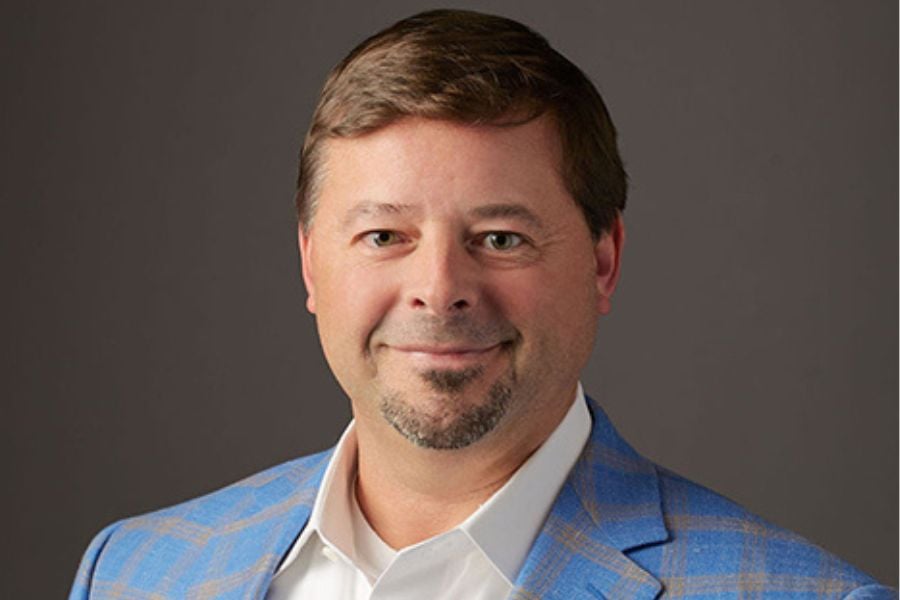

Sometimes it’s better for a financial advisor to go for the goal.
As opposed to traditional investing, where the purpose is to beat the market or a specific index over a given time frame, goals-based investing revolves around how well investors are able to meet their personal life goals.
As Scott Ladner, chief investment officer at $8 billion AUM asset manager Horizon Investments, describes the practice, goals-based investing is "what happens when you take an investment process and build it for mom, but not necessarily for mom’s pension plan.”
Ladner says at Horizon, they generally break their goals-based investing strategy into three stages: gain, protect and spend. Once that's completed, they construct portfolios for each of those three distinct stages.
“In the gain stage, investors primarily want to make money, and in the protect stage, it is what it sounds like. They want to protect money because they're getting close to retirement,” said Ladner. “The spend-stage investor, however, really wants to find the optimal way to distribute money or spend money, and in an inflation-adjusted way through time.”
The tricky part of the spend stage for advisors, Ladner said, is enabling the client to spend the greatest amount of their hard-earned money while minimizing the risk they will run out. It’s also here where Ladner believes the goals-based strategy differs the most from traditional investing.
“If that's the problem we're trying to solve, you end up with a solution more heavily weighted in equities, with some added hedging involved, than you will in a more traditional solution,” he said.
In other words, a 75-year-old mother may be largely invested in equities rather than 75 percent or 80 percent invested in bonds. In fact, in many cases, Ladner actually sees fixed-income securities as the most risky thing a retired person can own.
“If we're trying to define safety as volatility, this is not going to be the least volatile portfolio,” he said. “But if safety is defined as minimizing the risk that mom is going to run out of money, then we think a more equity-centric approach is actually more appropriate and actually safer over a 25-year retirement period.”
Ladner views target-date funds along similar lines, saying they suffer from the same basic construction problem. Nevertheless, he is positive on adding annuities and insurance products to a portfolio given their guaranteed outcomes.

Chasing productivity is one thing, but when you're cutting corners, missing details, and making mistakes, it's time to take a step back.

It is not clear how many employees will be affected, but none of the private partnership’s 20,000 financial advisors will see their jobs at risk.

The historic summer sitting saw a roughly two-thirds pass rate, with most CFP hopefuls falling in the under-40 age group.

"The greed and deception of this Ponzi scheme has resulted in the same way they have throughout history," said Daniel Brubaker, U.S. Postal Inspection Service inspector in charge.

Elsewhere, an advisor formerly with a Commonwealth affiliate firm is launching her own independent practice with an Osaic OSJ.
Stan Gregor, Chairman & CEO of Summit Financial Holdings, explores how RIAs can meet growing demand for family office-style services among mass affluent clients through tax-first planning, technology, and collaboration—positioning firms for long-term success
Chris Vizzi, Co-Founder & Partner of South Coast Investment Advisors, LLC, shares how 2025 estate tax changes—$13.99M per person—offer more than tax savings. Learn how to pass on purpose, values, and vision to unite generations and give wealth lasting meaning
